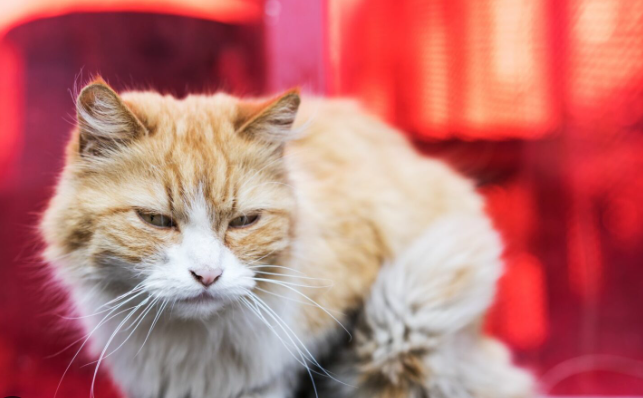Feline immunodeficiency virus (FIV), also known as Cats AIDS, is a viral disease that affects domestic and wild cats. This virus is similar to the human immunodeficiency virus (HIV) and can lead to a weakened immune system and various health problems in cats.
FIV is primarily spread through bite wounds from infected cats, especially during fights. Sexual transmission and transmission from mother to kittens can also occur. Unneutered male cats who spend time outdoors are at the highest risk of contracting the virus.
Symptoms of FIV can vary and may not appear for months or even years after infection. Common symptoms include fever, lethargy, and loss of appetite. As the disease progresses, cats may experience weight loss, chronic infections, and neurological problems.
Unfortunately, there is currently no cure for FIV, but proper management and care can help improve a cat’s quality of life. Regular veterinary check-ups and a healthy diet can help keep their immune system strong and prevent secondary infections.
Preventing the spread of FIV is crucial. Keeping cats indoors and having them spayed or neutered can significantly reduce their risk of contracting the virus. If a cat is diagnosed with FIV, it’s important to keep them indoors and away from other cats to prevent transmission.
In conclusion, FIV is a serious disease that can have significant impacts on a cat’s health. Taking preventative measures, such as keeping cats indoors and spayed/neutered, can help reduce their risk of contracting the virus. If you suspect your cat may have FIV, it’s important to seek veterinary care as soon as possible to ensure proper management and care.
